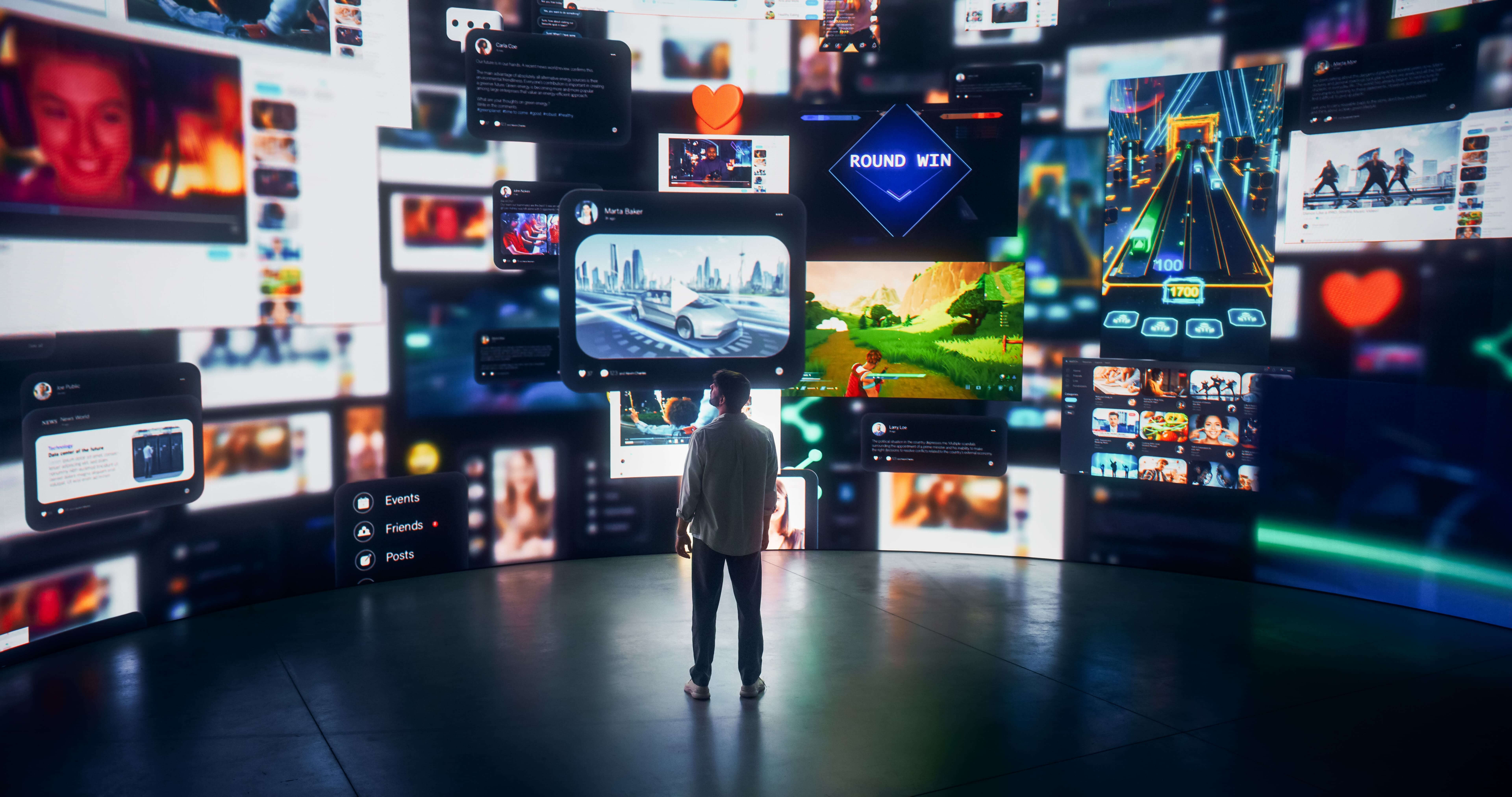As technology continues to advance, the healthcare industry is embracing innovative solutions to enhance patient care and revolutionize medical practices. One such groundbreaking technology that holds immense promise is Augmented Reality (AR). Augmented Reality is an interactive experience where digital information is superimposed onto the real-world environment, allowing users to view and interact with virtual elements in real-time. In recent years, AR has gained significant traction in healthcare, paving the way for transformative changes in medical education, diagnostics, surgery, and patient care.
In this blog, we will explore how Augmented Reality is reshaping the landscape of healthcare, and how it is becoming a game-changer in various aspects of medicine.
1. AR in Medical Education:
Medical education is a critical foundation for producing skilled healthcare professionals. Augmented Reality is increasingly being used in medical training and education to provide students with a more immersive and interactive learning experience. AR allows students to visualize complex anatomical structures and medical procedures in three dimensions, making it easier to understand and retain information.
With AR-enabled medical textbooks, students can use their smartphones or AR headsets to view interactive 3D models of organs, bones, and systems. This technology enables them to explore and dissect virtual bodies, gaining a deeper understanding of human anatomy and physiology.
2. AR in Diagnostic Imaging:
Diagnostic imaging plays a pivotal role in the early detection and accurate diagnosis of medical conditions. Augmented Reality is enhancing diagnostic imaging by overlaying medical images, such as X-rays, MRIs, and CT scans, onto the patient's body during real-time examinations. This enables healthcare professionals to precisely pinpoint the location of abnormalities and plan more effective treatment strategies.
AR-guided imaging also improves surgical navigation by providing surgeons with a comprehensive view of the patient's internal structures without the need for invasive procedures. It reduces the risk of complications and allows for better precision during surgeries.
3. AR-assisted Surgeries:
One of the most revolutionary applications of Augmented Reality in healthcare is in the operating room. AR-assisted surgeries empower surgeons with crucial information during complex procedures, allowing them to make better-informed decisions. Surgeons can access real-time data, such as vital signs, patient history, and imaging overlays, without having to shift their focus from the surgical field.
This technology has been particularly beneficial in minimally invasive surgeries, where the surgeon's view is limited. AR helps to project critical information directly onto the surgeon's field of view, enhancing precision and reducing the likelihood of errors.
4. Patient Care and Rehabilitation:
Augmented Reality is also transforming patient care and rehabilitation. AR-based applications are used to assist patients with physical therapy exercises, making the process more engaging and motivating. Patients can follow interactive instructions and receive real-time feedback on their performance, leading to better outcomes and faster recovery.
Moreover, AR is used for pain management, distraction during medical procedures, and reducing anxiety in patients. The technology offers immersive experiences that can take patients' minds off their medical conditions, thereby improving their overall experience.
Conclusion:
Augmented Reality is revolutionizing the healthcare industry, transforming the way medical professionals diagnose, treat, and care for patients. From medical education and diagnostic imaging to surgical navigation and patient rehabilitation, AR is enabling more accurate, efficient, and patient-centric medical practices. As technology continues to advance, we can expect further innovations in Augmented Reality, ultimately leading to improved healthcare outcomes and a brighter future for medicine.
Are you ready to embrace the power of Augmented Reality in healthcare? Stay ahead in the medical landscape by incorporating AR solutions into your institution and providing cutting-edge care to your patients.




